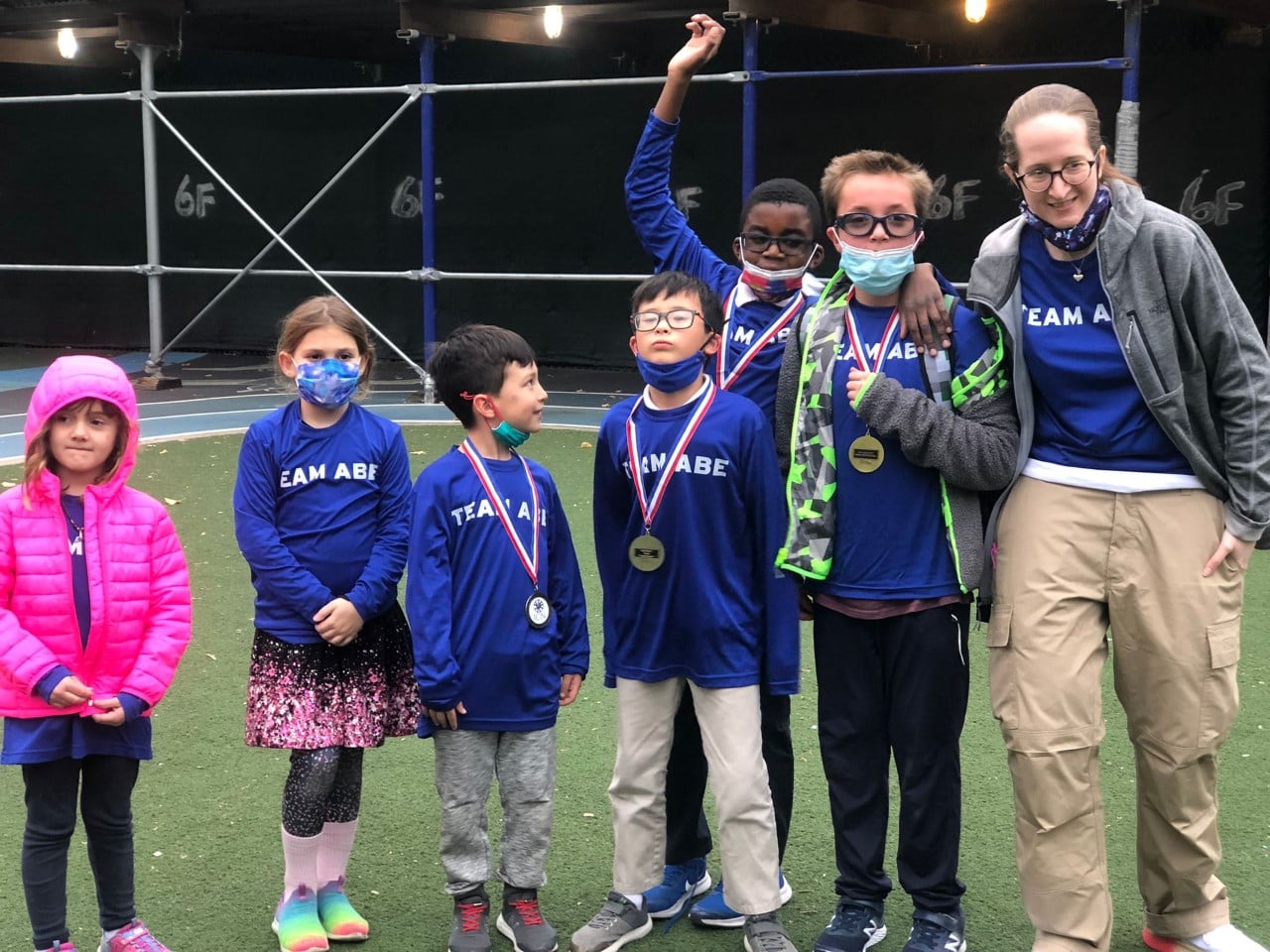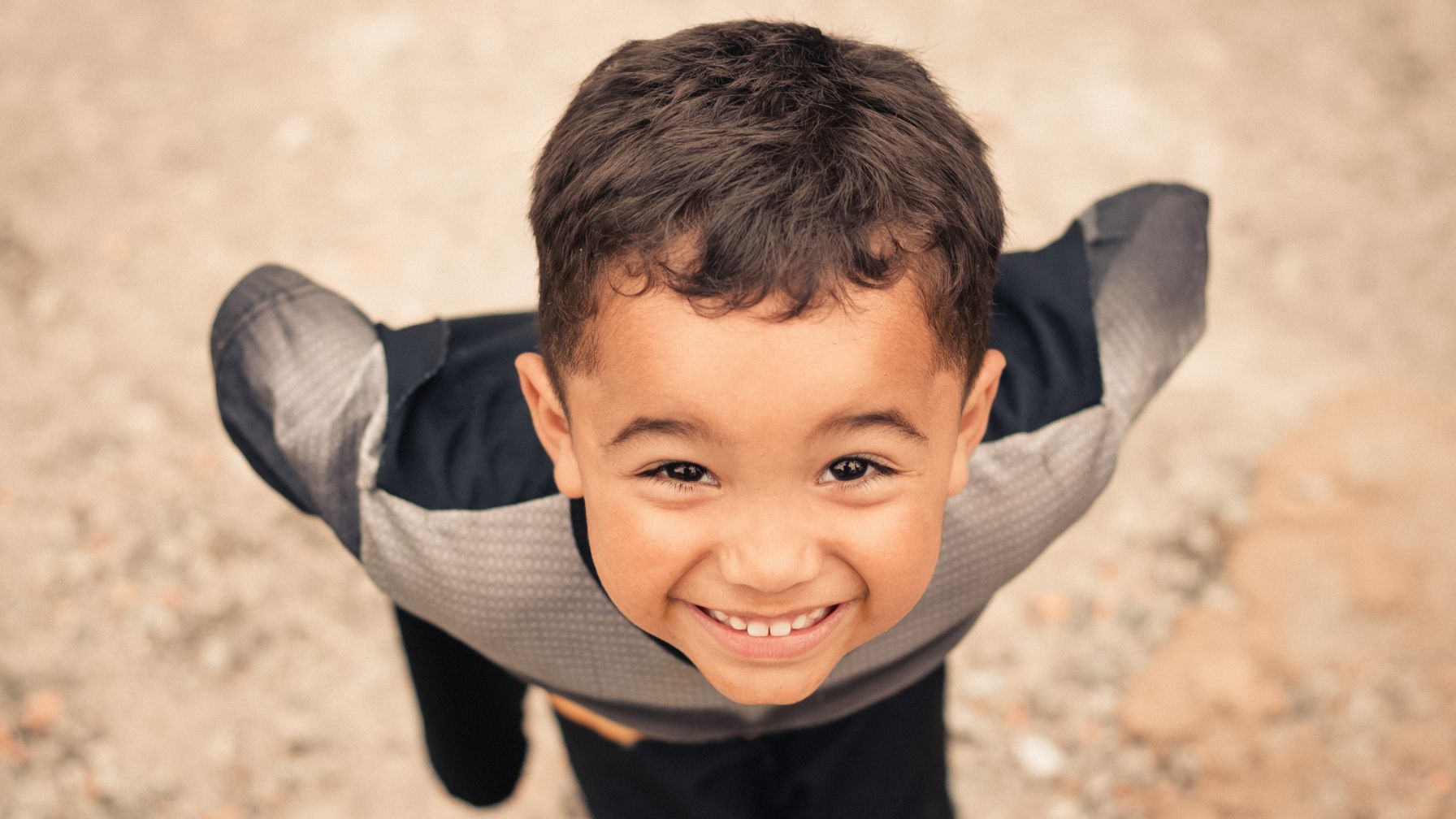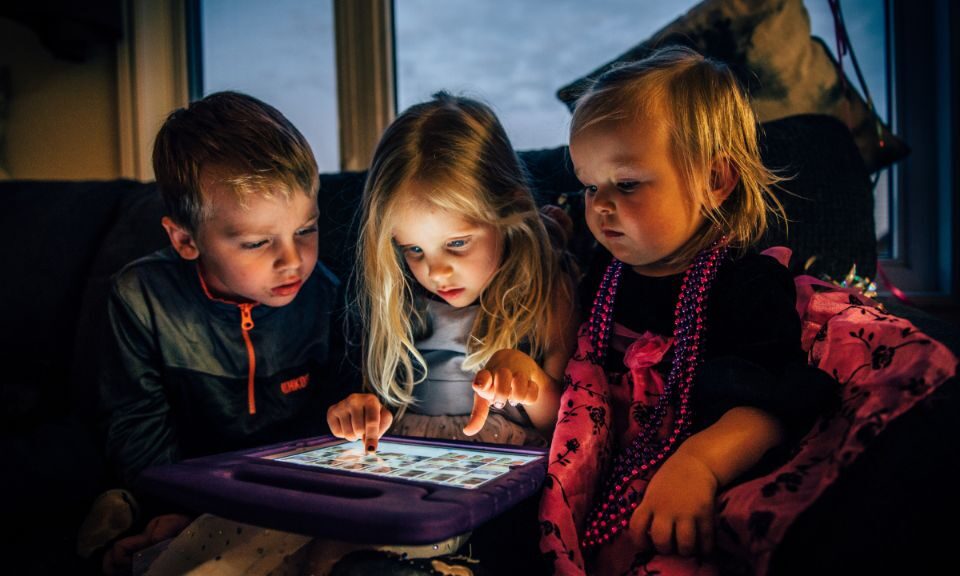
Team Abe chess tournament winners
November 29, 2021
Achievement and Well-being
December 30, 2021Dear HWIS Community,
This weekend, I had the pleasure of listening to a podcast featuring Vivek Murphy, US Surgeon General, and Richard Davidson, the William James and Vilas Research Professor of Psychology and Psychiatry at the University of Wisconsin-Madison, and author of several books on mental health. Here are the takeaways and the links to the podcast and transcript:
In defining well-being, Dr. Murphy considers that part of thriving in life is doing the things that allow us to function on the highest end of our scale. These include being true to who we are, enjoying life, and contributing to society. Dr. Davidson explained that with the emergence of neuroscience in the last few years, western medicine caught up with a principle that societies have known for centuries: “There is interplay between the physical, the mental, the emotional, the spiritual; in fact, our bodies are all interplay.” Medical science, neuroscience, and behavioral science now recognize the details of well-being as intertwined, and Dr. Vivek has pioneered studies at the National Institute of Health - which is now funding six interdisciplinary networks to rigorously study well-being.
The COVID 19 pandemic has had an enormous negative impact on our mental health, but, as it forced us inside our homes and ourselves, it also gave people the time to examine their lives. As a result, many people are quitting unfulfilling jobs, relocating close to family, and thinking profoundly about finding purpose. A new and revolutionary neuroscience discovery is at play in these changes: that of BRAIN PLASTICITY. Contrary to earlier beliefs, our brains are capable of growth and change into old age. This plasticity can be harnessed for positive or negative consequences, so it is important to understand it and direct it deliberately.
We all need to have a balance of meaningful connections with other people and solitude in our lives. The balance depends on our nature, whether we are more introverted or extroverted. Solitude, not to be confused with loneliness, is the quality time that we spend with ourselves. This is the time when we can engage in metacognition or the examination of our own thinking. These days, solitude needs to be cultivated because modern society offers us endless devices to fill all our quiet moments and, ultimately, to take us away from being with ourselves.
Often we are only dimly aware of how we can change our mental health for the better. There are micro-practices that take only a few minutes a day. Some of these are recommended by Dr. Vivek and Dr. Davidson:
We also understand that we must model with each other what we want to teach students. So we foster a professional community where teachers feel heard and respected. We have invited teachers into leadership so that the teachers’ experience is a powerful voice in the decision-making of our organization, and we are investing in professional growth to empower our teachers.
By understanding the exciting intersection of the physical, mental, and spiritual interplay in bodies and the plasticity of our brains, we are growing self-knowledge and developing the tools to function at their highest levels while living joyous, productive lives.
References:
https://onbeing.org/programs/vivek-murthy-and-richard-davidson-the-future-of-well-being/
https://onbeing.org/programs/vivek-murthy-and-richard-davidson-the-future-of-well-being/#transcript
https://greatergood.berkeley.edu/article/item/the_four_keys_to_well_being
This weekend, I had the pleasure of listening to a podcast featuring Vivek Murphy, US Surgeon General, and Richard Davidson, the William James and Vilas Research Professor of Psychology and Psychiatry at the University of Wisconsin-Madison, and author of several books on mental health. Here are the takeaways and the links to the podcast and transcript:
In defining well-being, Dr. Murphy considers that part of thriving in life is doing the things that allow us to function on the highest end of our scale. These include being true to who we are, enjoying life, and contributing to society. Dr. Davidson explained that with the emergence of neuroscience in the last few years, western medicine caught up with a principle that societies have known for centuries: “There is interplay between the physical, the mental, the emotional, the spiritual; in fact, our bodies are all interplay.” Medical science, neuroscience, and behavioral science now recognize the details of well-being as intertwined, and Dr. Vivek has pioneered studies at the National Institute of Health - which is now funding six interdisciplinary networks to rigorously study well-being.
The COVID 19 pandemic has had an enormous negative impact on our mental health, but, as it forced us inside our homes and ourselves, it also gave people the time to examine their lives. As a result, many people are quitting unfulfilling jobs, relocating close to family, and thinking profoundly about finding purpose. A new and revolutionary neuroscience discovery is at play in these changes: that of BRAIN PLASTICITY. Contrary to earlier beliefs, our brains are capable of growth and change into old age. This plasticity can be harnessed for positive or negative consequences, so it is important to understand it and direct it deliberately.
We all need to have a balance of meaningful connections with other people and solitude in our lives. The balance depends on our nature, whether we are more introverted or extroverted. Solitude, not to be confused with loneliness, is the quality time that we spend with ourselves. This is the time when we can engage in metacognition or the examination of our own thinking. These days, solitude needs to be cultivated because modern society offers us endless devices to fill all our quiet moments and, ultimately, to take us away from being with ourselves.
Often we are only dimly aware of how we can change our mental health for the better. There are micro-practices that take only a few minutes a day. Some of these are recommended by Dr. Vivek and Dr. Davidson:
- Awareness and Attention: A study that involved around 3,500 people in different parts of the world found that the average adult spends 47% of his/her time not paying attention to what he/she is doing. Our society is obsessed with efficiency and often we try to multi-task (which is a myth). Giving someone or something our full attention and noticing that we are doing it, is one of the pillars of well-being.
- Positive Connection and Generosity: Using appreciation, gratitude, kindness, and compassion to create healthy social relationships activates circuits in the brain that are key to fostering well-being.
- Outlook: Seeing the positive in situations and in other people, savoring pleasant experiences. Studies show that practicing loving kindness and compassion meditation can improve brain function towards positive outlooks with little investment.
- Resilience: It is the speed at which we recover from adversity. “Individuals who show a more rapid recovery in certain key neural circuits have higher levels of well-being.” This is an innate trait but can be improved with consistent and long-term practice. This is the only pillar of well-being that requires long-term investment, it is a slow journey. Carol Dweck’s “Growth Mindset” plays into resilience. Daily use of the language of Growth Mindset is important for our children.
We also understand that we must model with each other what we want to teach students. So we foster a professional community where teachers feel heard and respected. We have invited teachers into leadership so that the teachers’ experience is a powerful voice in the decision-making of our organization, and we are investing in professional growth to empower our teachers.
By understanding the exciting intersection of the physical, mental, and spiritual interplay in bodies and the plasticity of our brains, we are growing self-knowledge and developing the tools to function at their highest levels while living joyous, productive lives.
References:
https://onbeing.org/programs/vivek-murthy-and-richard-davidson-the-future-of-well-being/
https://onbeing.org/programs/vivek-murthy-and-richard-davidson-the-future-of-well-being/#transcript
https://greatergood.berkeley.edu/article/item/the_four_keys_to_well_being



